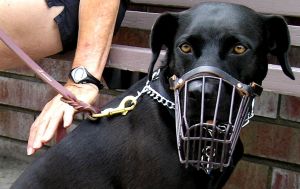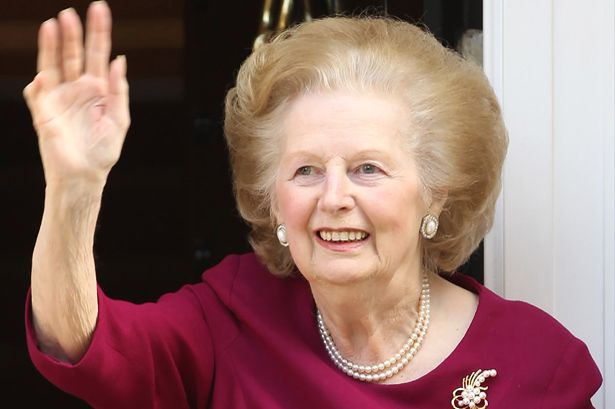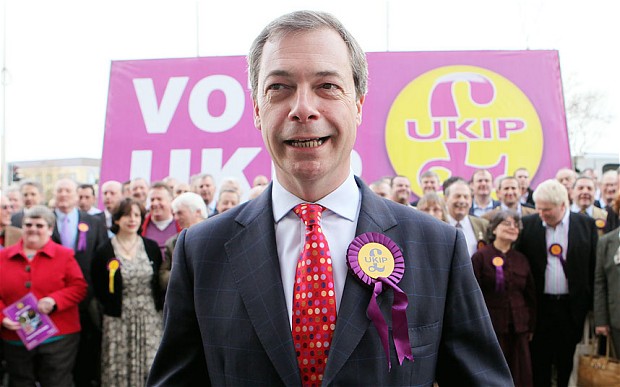Amidst news of the death of Margaret Thatcher, the death of the young girl Jade Anderson, who was mauled to death by dogs when she went to a house to visit a friend, was largely overlooked. Yet this story is of great significance when it comes to light that no crime was committed and so there will be no consequences for the owners of the dogs.
The problem with the current law
The Dangerous Dogs Act was introduced in 1991 and attempted to set out what a ‘dangerous dog’ is, as well as allow for the prosecution of owners, or people in charge, of the dog if the animal were to attack somebody. The law has come under heavy criticism for not wholly achieving this aim.
Certain types of dogs were made illegal to own: Pit Bull Terrier, Japanese Tosa, Dogo Argentino and Fila Braziliero. However, the legislation recognises that it is not so much the name or breed of the dog but its temperament that makes it dangerous. Therefore, it is the characteristics of the dog and whether it resembles any of the four types of banned breeds that will determine whether it is dangerous or not. If any breed of dog were to demonstrate violent tendencies then the courts may insist on its destruction; however, owners may also request that the dog be exempt. It was also made illegal to breed any dog for the purpose of fighting.
The legislation also makes it an offence for a dog to be out of control in a public place or a non-public place if the dog is not permitted to be there. This would include any person’s house who had not given their permission for the dog to be there. ‘Out of control’ is not specifically defined in the Act but references to injuring a person or there being reasonable belief that a dog may injure someone are made. It has therefore been interpreted that ‘out of control’ means either that the dog has attacked or attempted to attack a person.
This arguably leaves a huge gap in the legislation, namely the situation where a dog has not been categorised as dangerous but nonetheless attacks somebody on the property on which it is housed. This is the unfortunate situation Jade Anderson found herself in. She was attacked by dogs at a house she went to visit where the dogs were permitted to be.
For this reason no actual offence has taken place and so the police are not looking to make an arrests as they are bound by this wholly inadequate piece of legislation.
Does the law need reform?
There are hundreds of thousands of dog attacks in Britain every year and many of these will take place in areas where the dogs are permitted to be and so will not be covered by the legislation. Thankfully the majority of cases will be minor, however, when there are no consequences for the owners when a person is killed by dogs there is a deep injustice in the system. This feeling has been reflected by an e-petition entitled ‘Justice for Jade’, which has received over 9,000 signatures.
Whilst the law is arguably fairly adequate for classifying dangerous dogs and prosecuting owners of dogs out of control in public places, there is a strong argument that any dog in the right (or rather wrong) circumstances could be dangerous, whether it has demonstrated characteristics of the four types of banned breeds or not. Allowing people to have potentially out of control dogs on their premises not only puts themselves and their families and friends at risk but also unsuspecting people who are required to visit the property – the postman/woman, a delivery driver, gas or electric meter reader. There are numerous people who are legally allowed access to private property and the law should protect these people. Of course, changing the law so that owners can be prosecuted will not stop people having out of control dogs on their property, however it may make some people reconsider whether their dog is safe to own if they are aware that they face prosecution of a fine or imprisonment.
What is the government proposing?
The Government has been proactive since the death of Jade Anderson and has published draft proposals for new legislation. These proposals allow for owners to be prosecuted if their dog attacks somebody on private property, whether it be their own or someone else’s. The requirement that the dog is not allowed to be in the area has been removed, which should, in theory, close the loophole. The consequence of a conviction under this new law would be a maximum of two years’ imprisonment and/or an unlimited fine.
What about trespassers or burglars?
At this stage the new law will still not cover situations in which burglars or other trespassers are attacked. The debate surrounding this issue is still ongoing as many believe that people should have the right to protect themselves and their property, using dogs a guard if they wish. Others believe that if a person trespasses or commits an offence they should still be owed the same duty of care to be protected from dangers such as dogs. It will be interesting to see whether this part of the legislation changes on its way through the process or whether it will remain that burglars and trespassers are not protected.
The proposed reforms appear to keep the satisfactory parts of the law – any dog may still be regarded as dangerous, regardless of breed, if it demonstrates the correct characteristics. It also appears to rectify the unsatisfactory law currently in place by closing the major loophole was left open by the previous law. However, there is no timetable for when this new legislation may appear on the statute books. Hopefully this draft proposal will not merely be a reaction to the tragic death of a young girl and will be taken through the stages as quickly as possible so that people can be brought to justice and workers who are required to enter private property can feel safer in their work.





